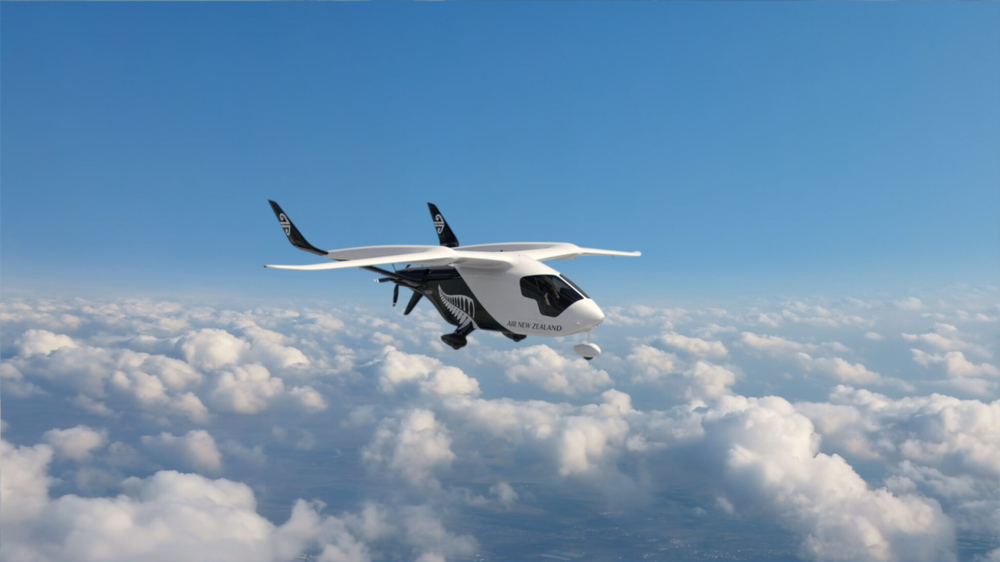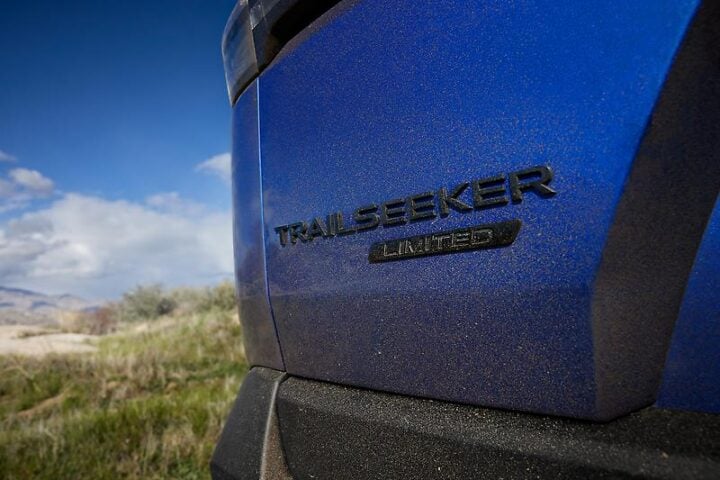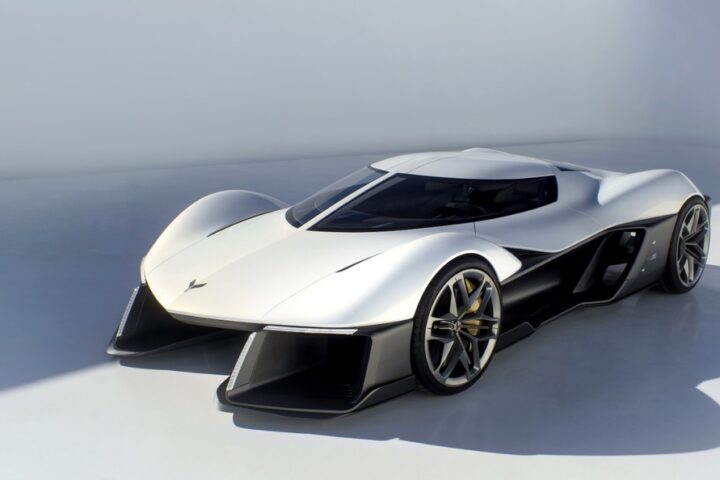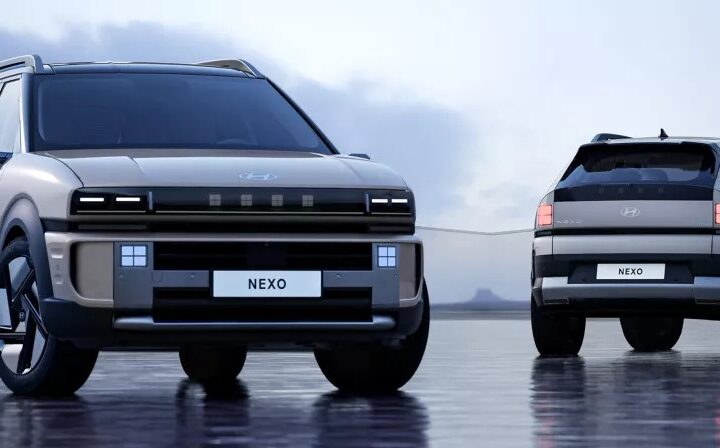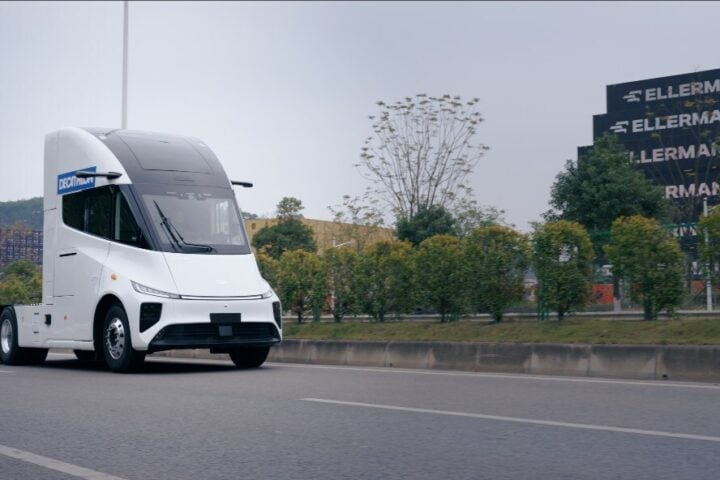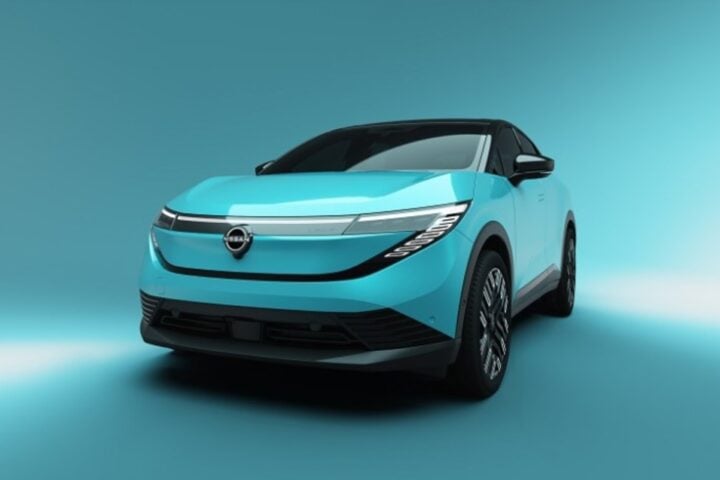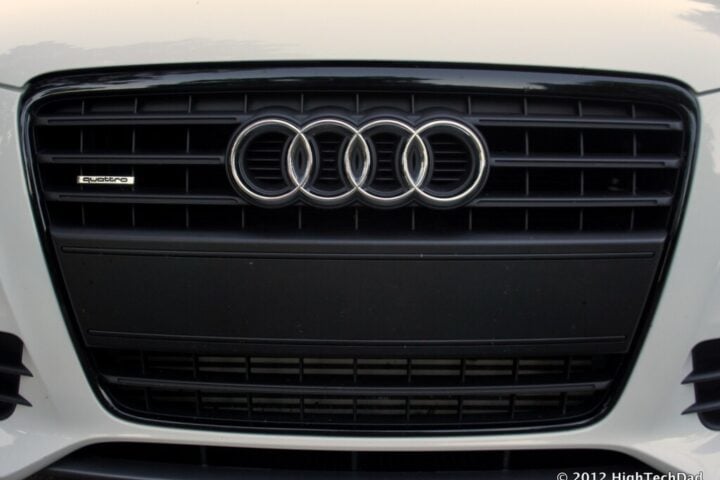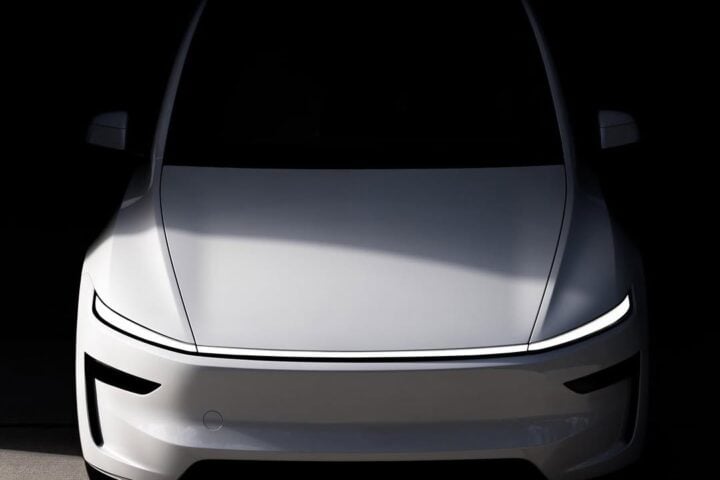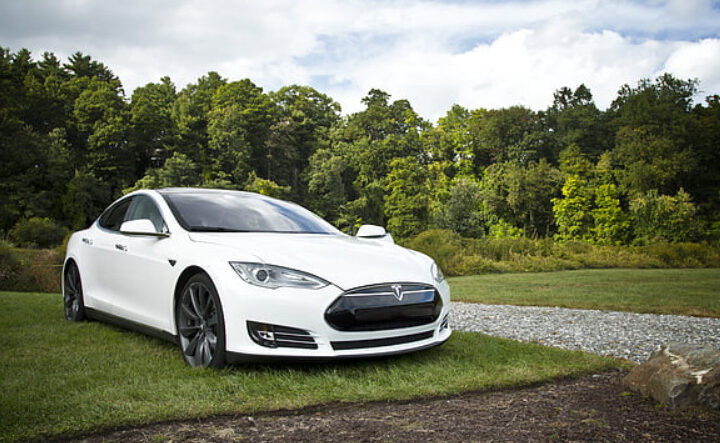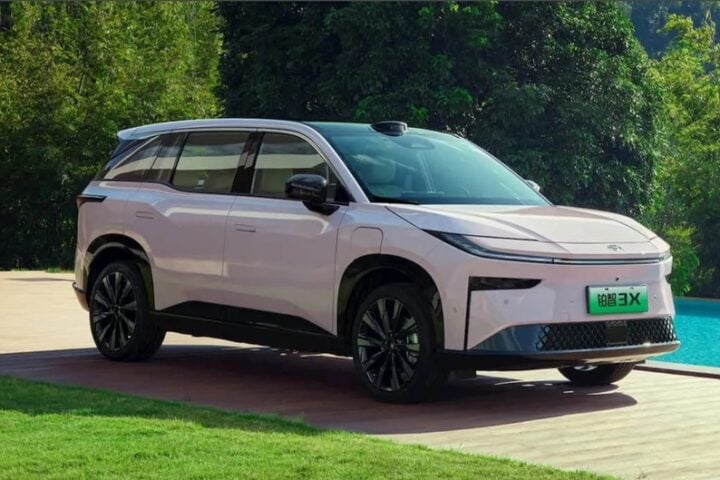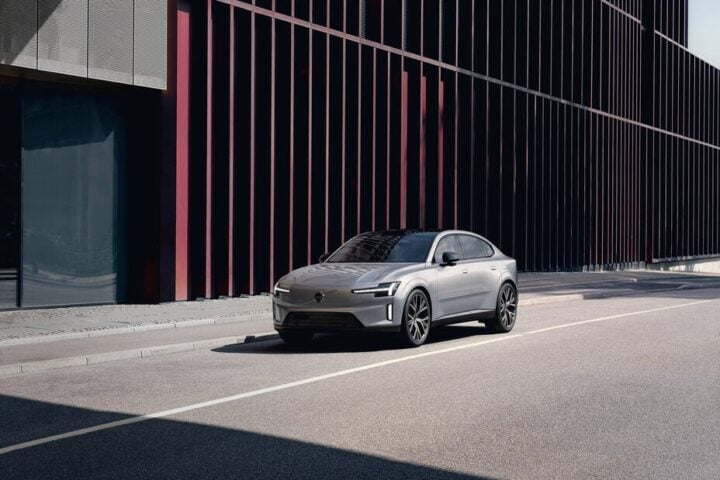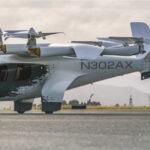Air New Zealand’s acquisition of BETA Technologies’ ALIA CTOL marks a pivotal moment in the evolution of sustainable aviation. This move, a part of the airline’s Mission Next Gen Aircraft program, is a step forward in the quest for greener skies.
Key Specifications of BETA’s ALIA CTOL
- Weight and Size: The ALIA tips the scales at three tonnes and stretches just over 12 meters in length.
- Performance: It boasts a top speed of 270 km/h and, during testing, demonstrated a flight range exceeding 480 kilometers. For Air New Zealand’s initial use, the focus will be on shorter routes, approximately 150 kilometers.
- Altitude: The aircraft will operate at relatively low altitudes, up to 9,800 feet, aligning with its intended short-haul operations.
- Charging Time: One of the ALIA’s highlights is its battery, which can be fully recharged in 40 to 60 minutes, facilitating quick turnaround times.
Similar Posts
Air New Zealand’s Strategic Approach
- Partnership and Route Selection: Air New Zealand will commence ALIA operations as a cargo-only service, in collaboration with NZ Post. The routes will be chosen through an EOI process with airports across Aotearoa.
- Fleet Expansion Plans: The airline has secured one ALIA with options for two more and rights to an additional 20 aircraft.
- Certification and Safety: Prioritizing safety, the aircraft will be inducted into service only after passing rigorous testing and obtaining certification from the New Zealand Civil Aviation Authority.
Industry Perspective and Future Outlook
- Decarbonizing Aviation: Greg Foran, CEO of Air New Zealand, emphasizes the challenges of decarbonizing aviation, noting the need for rapid advancements in technology, infrastructure, operations, and regulation.
- A Catalyst for Change: Foran views the ALIA as a stepping stone towards integrating larger, next-generation aircraft into the fleet by 2030.
- Collaborative Efforts: Kyle Clark, CEO of BETA Technologies, commends Air New Zealand’s commitment to scaling technologies for decarbonization and acknowledges the airline’s pragmatic approach to innovation.
eVTOL Development and Expansion
- eVTOL Variant: BETA is concurrently developing an eVTOL (electric Vertical Take-Off and Landing) version of the ALIA, with FAA type certification expected in 2026.
- Support and Infrastructure: Initiatives like the New York Governor’s funding for BETA’s flight test and delivery center expansion further bolster the industry’s growth.
A Larger Context
- Exploring Alternatives: Air New Zealand’s exploration of electric and hybrid-electric aircraft from various manufacturers indicates a broader shift in the aviation industry towards sustainable solutions.
Air New Zealand’s decision to integrate the ALIA into its fleet underlines a significant shift towards more sustainable aviation practices, setting a precedent for the industry. The airline’s proactive approach, focusing on operational efficiency, safety, and environmental responsibility, heralds a new chapter in the realm of eco-conscious air travel.
